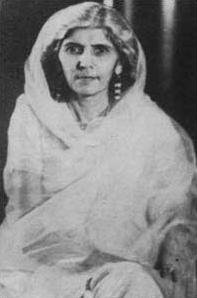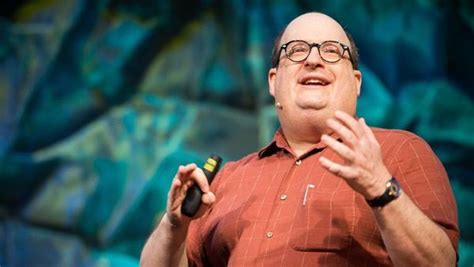A Quote by Amy Seimetz
Boredom is usually what spurs either bad decisions or any decision at all.
Related Quotes
Actually, I can't take credit for any of my decisions. I noticed one day that all my decisions were making themselves, and always at the right time. I haven't had to make one decision since then. They are always made for me, and they come from the wisdom that is in us all. I trust that wisdom completely. That trust itself was a decision made for me as inquiry cleared my mind. No decision, no fear.
I'm a very good decision maker because I have core set of principles and so I can make decisions. Decisions can be very hard and you have to wrestle with them, but I'm able to get all the data on the table and figure out what would be the best decision because decisions mean ill for some people and mean positives for others.
Decision-making is difficult because, by its nature, it involves uncertainty. If there was no uncertainty, decisions would be easy! The uncertainty exists because we don't know the future, we don't know if the decision we make will lead to the best possible outcome. Cognitive science has taught us that relying on our gut or intuition often leads to bad decisions, particularly in cases where statistical information is available. Our guts and our brains didn't evolve to deal with probabilistic thinking.
You know in politics you are dealing in the realm of choices. You don't always have clear-cut decision between a thoroughly principled position and a thoroughly unprincipled one. You're making snap decisions with paucity of information, generally trying to do the best that you can, but you will make errors, and sometimes it's a decision between a bad and a worse alternative. It has to be done, because we need to order our society, and of politics it can literally be said: Bad job, but someone's got to do it.
No decision-making system is going to guarantee corporate success. The strategic decisions that corporations have to make are of mind-numbing complexity. But we know that the more power you give a single individual in the face of complexity and uncertainty, the more likely it is that bad decisions will get made.
Make a decision and then make it right. There just are no wrong decisions. You could go this way, or that way, and either way will eventually get you to where you want to be. But in the moment you start complimenting yourself on the decision you've made, in that moment, you come back into vibrational alignment with who-you-really-are.
Any individual decisions can be badly thought through, and yet be successful, or exceedingly well thought through, but be unsuccessful, because the recognized possibility of failure in fact occurs. But over time, more thoughtful decision-making will lead to better overall results, and more thoughtful decision-making can be encouraged by evaluating decisions on how well they were made rather than on outcome.




































